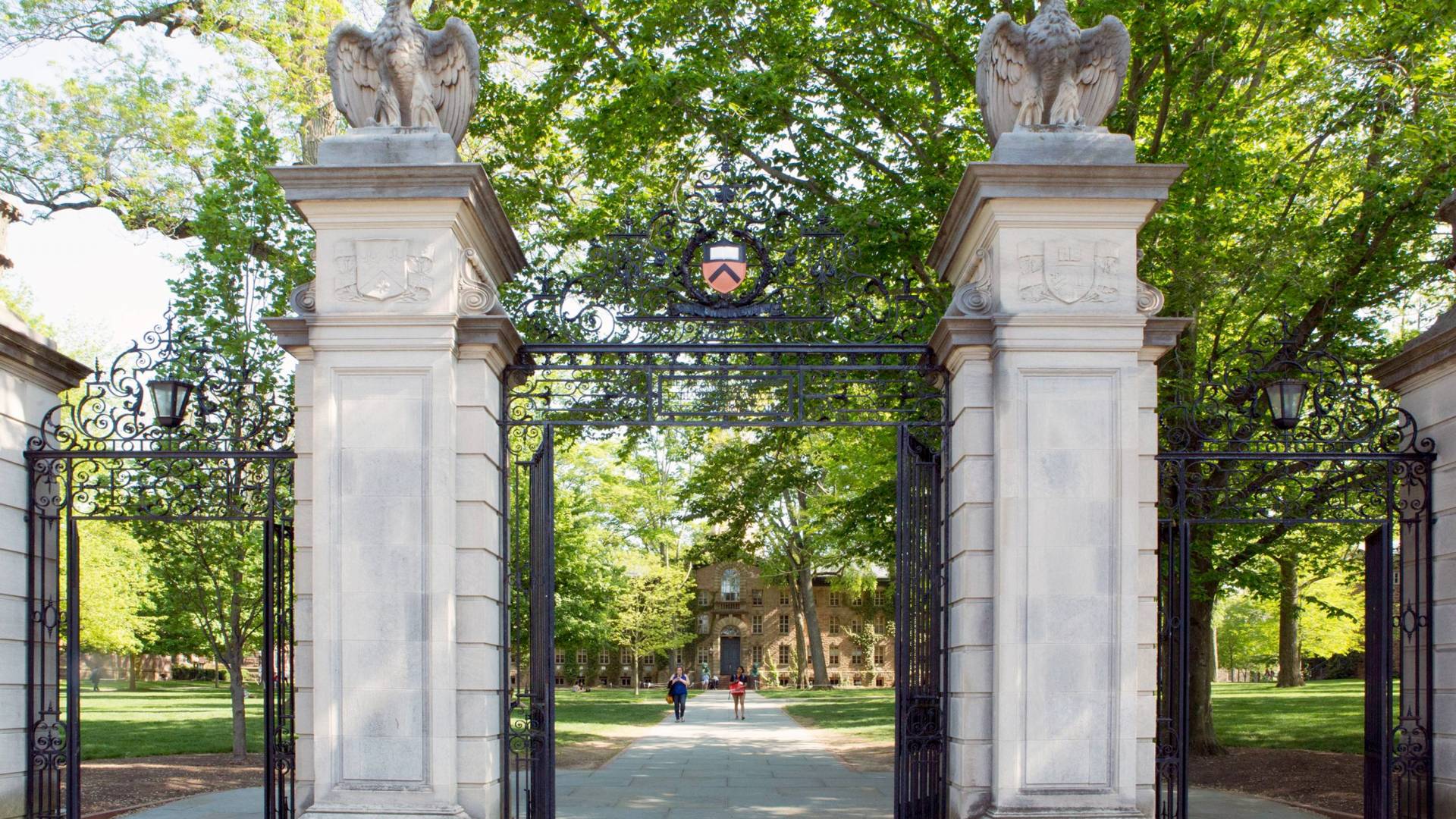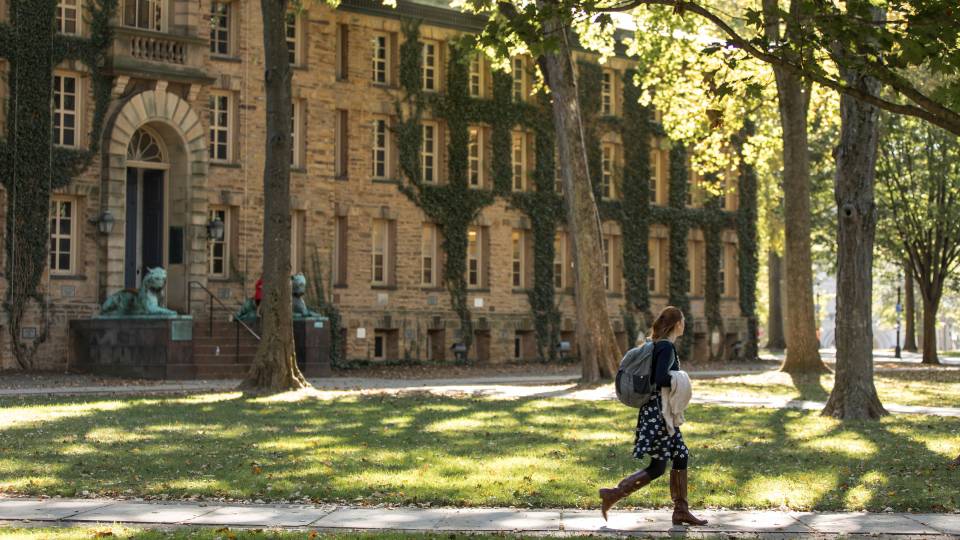Earlier today, President Christopher L. Eisgruber met with a group of students to hear their concerns regarding the handling of sexual misconduct issues on campus. Following the meeting, President Eisgruber released a statement outlining his perspective on how the community can address the relevant issues in a thoughtful, equitable and inclusive way.
Statement from President Eisgruber:
Over the last week, a group of Princeton students has conducted protests to express concerns about issues related to sexual misconduct cases on campus. The damage done by sexual misconduct is heartbreaking. We must address these harms through policies that are simultaneously fair, compassionate and effective: sexual misconduct has no place at Princeton, and the University remains firmly committed to making its campus safe for all who work or study here. We value student views about how to achieve that goal — indeed we cannot succeed without the benefit of student input.
The University accordingly invited the concerned students to address a special joint meeting of two faculty-student committees that may recommend revisions to the University’s disciplinary procedures: the Faculty-Student Committee on Sexual Misconduct and the University Student Life Committee. This meeting took place Monday afternoon, and earlier today the committees issued a statement about next steps. In addition, at the request of Vice Provost for Institutional Equity and Diversity Michele Minter and Director of Gender Equity and Title IX Administration Regan Crotty, the University authorized an external review of its Title IX processes, which Ms. Minter and Ms. Crotty help to administer.
This afternoon, I met personally with some of the concerned students and listened to their views. I appreciate their commitment to improving our campus, and I hope that it will produce constructive change.
If policy changes are to occur, however, they must take place through this University’s governance processes. Those processes are designed to ensure that when Princeton reforms its rules, including its disciplinary procedures, it does so in a way that is deliberative, well-informed, fair, and open to all views and perspectives.
A principled commitment to these thoughtful processes is indispensable to the integrity of our adjudicative and governance systems, and also to the fair treatment of community members. It would be wrong to try to circumvent or override these processes in response to the urgings of a particular group, no matter how heartfelt or vigorously expressed its claims might be.
Sexual misconduct is a serious issue on this campus and throughout society. The potential for sexual abuse and violence to have lifelong impacts is precisely why it is so critical to approach potential policy changes in a thoughtful, equitable, and inclusive way. I am proud of the reforms that we have made over the past five years, and I welcome the opportunity to do more. I very much hope that our community can come together around that goal, and address the relevant issues openly and effectively. Our Faculty-Student Committee on Sexual Misconduct, University Student Life Committee, and our other campus governance bodies, stand ready to consider reform proposals through processes that are deliberative and also fair to the many legitimate interests, views, and perspectives on our campus.






